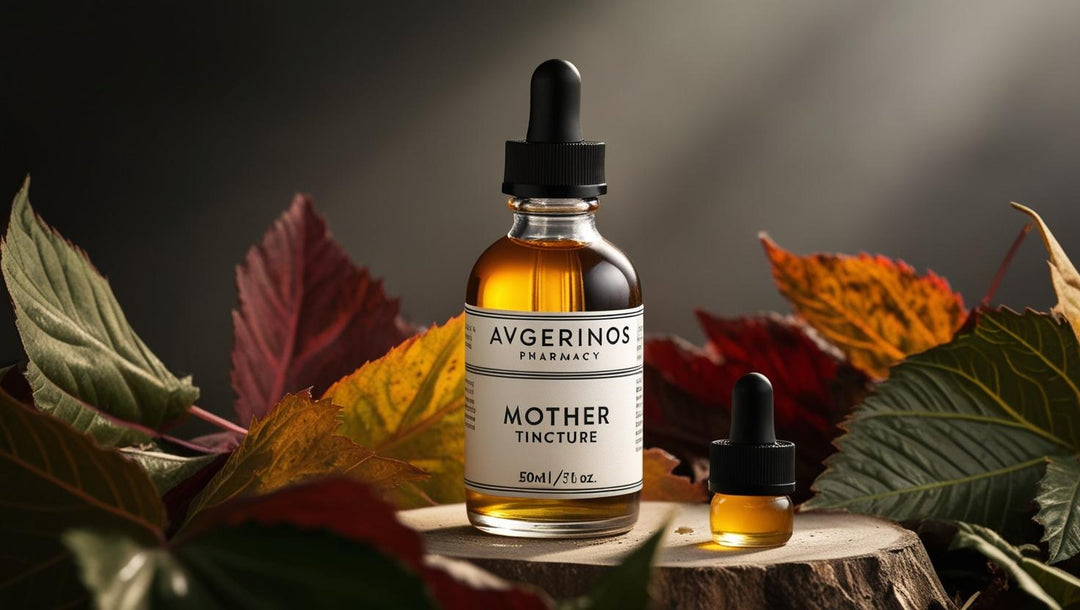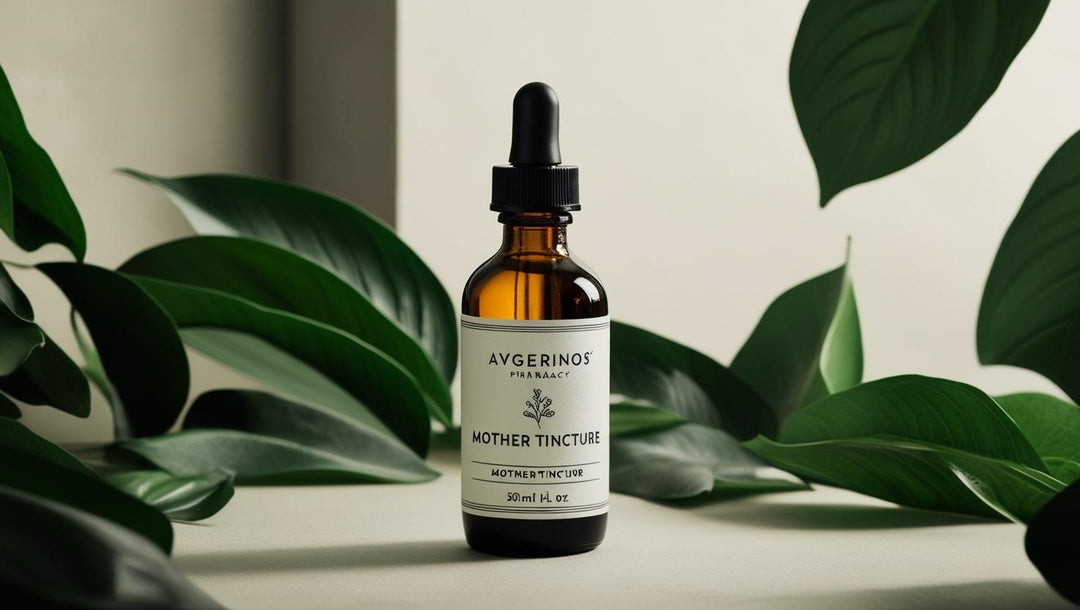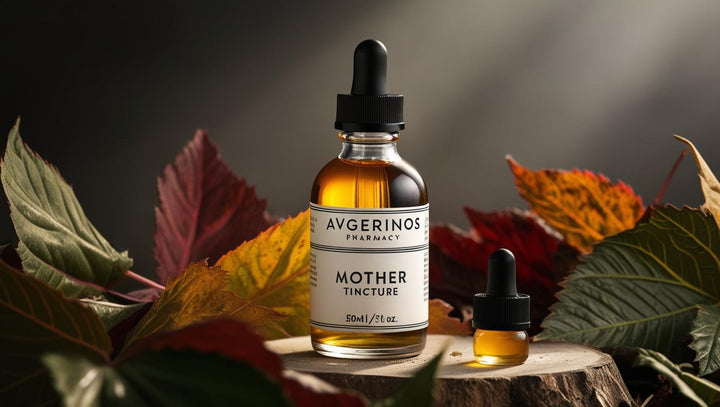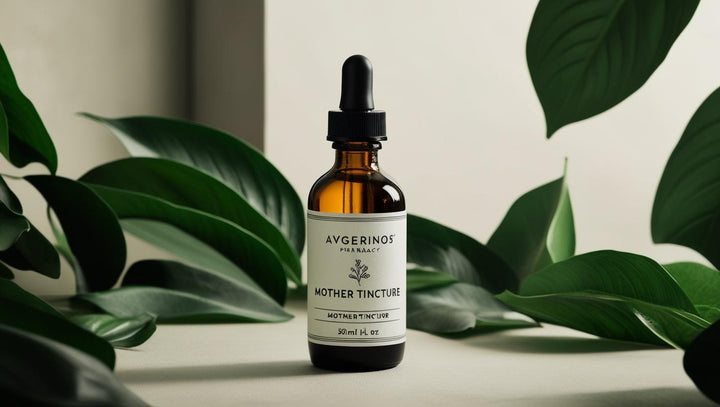The Sarothamnus scoparius (also known as esparto) is a shrub belonging to the family FabaceaeIts tincture is mainly used to support the cardiovascular and urinary systems, while it also has antispasmodic properties.
Chemical Composition
The Sarothamnus scoparius contains:
Alkaloids: Sparteine, lupinine. Flavonoids Glycosides Phenolic compounds Tannins Essential oils
Pharmacological Properties and Actions
-
Cardiotonic action
- Sparteine enhances heart function and slows down the heart rate.
-
Antihypertensive action
- It acts as a vasodilator, reducing blood pressure.
-
Diuretic action
- It enhances the elimination of fluids through the kidneys, helping to treat edema and retention.
-
Antispasmodic action
- Useful for relieving muscle spasms.
-
Expectorant action
- Helps to liquefy mucus.
Indications for Use
- Hypertension (mild to moderate).
- Fluid retention and edema.
- Mild heart failure.
- Relief from cramps and muscle spasms.
- Strengthening the function of the urinary system.
How to Use
10-20 drops of tincture in a little water or decoction, 1-2 times a day.
Precautions and Side Effects
- Toxicity: In large doses, the plant's alkaloids can be toxic.
-
Contraindications:
- Avoid during pregnancy and breastfeeding, as well as in patients with serious cardiovascular problems.
-
Interactions:
- It may enhance the action of heart and blood pressure medications.
-
Side effects:
- Dizziness, nausea, headache, if taken in high doses.
Conclusion
Το βάμμα του Sarothamnus scoparius είναι ένας φυσικός σύμμαχος για τη διαχείριση της υπέρτασης, των κατακρατήσεων και των ήπιων καρδιακών προβλημάτων. Ωστόσο, η χρήση του απαιτεί προσοχή, ειδικά σε συνδυασμό με φαρμακευτική αγωγή.





















